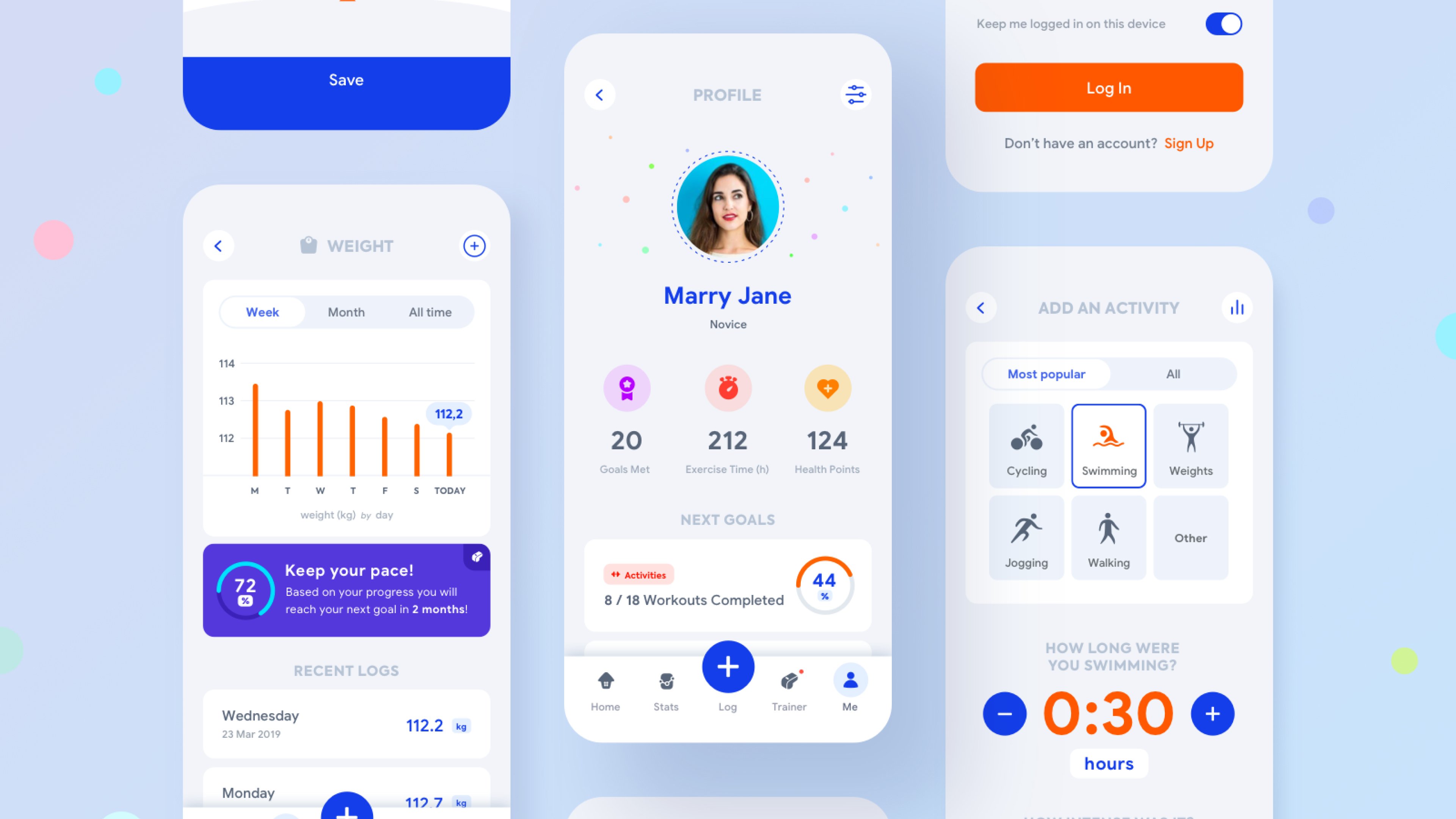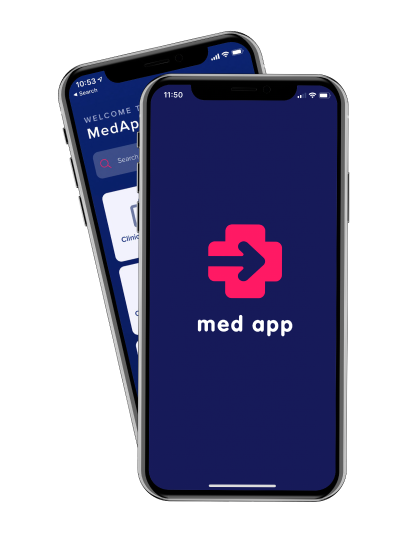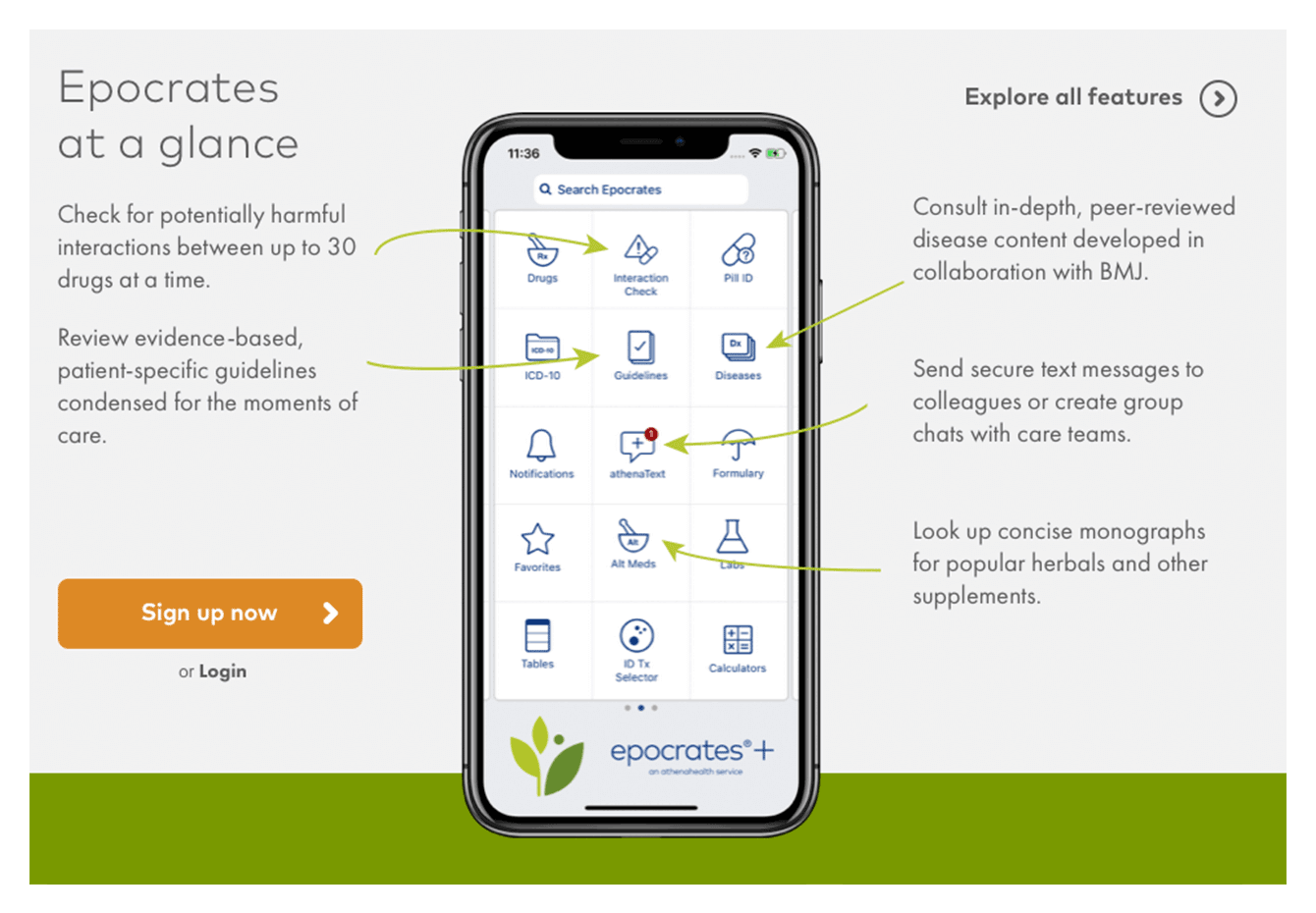The Future of Healthcare: Why Clinics Need a Mobile App Today
As the health care landscape remains to progress, facilities deal with installing pressure to adapt to client assumptions for greater convenience and access. The combination of mobile applications can function as a vital approach for improving client interaction and streamlining operations. By leveraging innovation to enhance interaction and supply important solutions, centers not only resolve current needs but additionally position themselves for future success. Nonetheless, the ramifications of this shift extend past mere functional efficiency; they might redefine client relationships and care distribution in profound means. What might this transformation appearance like for both individuals and facilities?
Changing Person Expectations
As the landscape of medical care develops, client assumptions are going through a significant improvement. Today's patients are progressively looking for ease, access, and customized treatment.
Additionally, people are coming to be much more notified and encouraged, commonly investigating treatments and problems on the internet prior to examinations. This increased recognition is paired with a need for transparency in healthcare procedures, consisting of expense price quotes and treatment alternatives. Therefore, service providers are urged to adapt by taking on digital tools that boost the person experience.
The assumption for reliable and prompt interaction has never ever been higher, with lots of patients taking into consideration responsiveness a crucial part of high quality care. mobile app for clinics. In this developing landscape, healthcare companies must identify these altering expectations and utilize mobile applications to cultivate a more patient-centric strategy, guaranteeing that they not just meet but surpass the criteria set by today's educated customers
Enhancing Individual Interaction

Mobile applications promote interaction in between individuals and health care companies, allowing real-time appointment scheduling, reminders for medication adherence, and straight messaging attributes. These capabilities not only boost ease however likewise build a feeling of liability among patients. Furthermore, mobile applications can use educational web content customized to private needs, aiding individuals better recognize their conditions and treatment alternatives.
The assimilation of gamification elements within medical care apps can also inspire patients to participate in healthy and balanced habits, reinforcing favorable way of life changes. By tracking development and rewarding success, patients are a lot more likely to remain committed to their health and wellness goals. Inevitably, improving patient interaction through mobile applications brings about enhanced health and wellness end results, higher client contentment, and a much more joint healthcare experience. Facilities that prioritize this aspect will likely see a considerable influence on the high quality of care supplied.
Improving Center Operations
Improving facility procedures is vital for enhancing workflow effectiveness and enhancing look at this now individual treatment. The application of mobile applications can dramatically minimize management worries, allowing healthcare companies to focus a lot more on person interactions. By automating consultation scheduling, person check-ins, and invoicing processes, clinics can lessen wait times and improve overall functional performance.
Mobile apps likewise facilitate real-time access to individual records, allowing health care professionals to make informed choices swiftly. This immediacy not just improves the high quality of care but additionally lowers the probability of errors related to misplaced or obsoleted information. Furthermore, leveraging mobile modern technology sustains a much more organized strategy to handling client follow-ups and treatment strategies, making sure that no vital steps are ignored.
Furthermore, mobile apps can enhance inventory monitoring by offering facilities with tools to monitor products and medicines successfully. This permits prompt replenishment and helps stay clear of disruptions in client treatment due to equip lacks. By incorporating these performances right into their daily procedures, clinics can produce a more efficient and cohesive setting, ultimately bring about improved individual end results and complete satisfaction. Welcoming mobile technology is not simply a trend; it is a required development in the medical care landscape.
Improving Interaction Networks
Reliable interaction is regularly mentioned as a cornerstone of top quality healthcare delivery. In today's hectic medical environment, mobile applications can significantly boost interaction channels in between centers, clients, and doctor. By integrating mobile apps into their operations, facilities can help with real-time communications, guaranteeing that individuals obtain prompt info regarding their appointments, test results, and treatment plans.
Mobile applications also equip people to communicate straight with their healthcare teams with safe and secure messaging attributes. This straight line of communication promotes a feeling of involvement and enables immediate explanation of concerns, which can cause better adherence to treatment protocols. Furthermore, press notifications can remind people of upcoming appointments or medicine timetables, reducing no-show prices and enhancing general health end results.

Remaining Competitive in Healthcare
In a rapidly progressing healthcare landscape, organizations should focus on development and adaptability to preserve a competitive side. The integration of mobile applications right into health care services is no more optional; it is crucial for best site facilities aiming to boost person interaction, improve operations, and boost overall solution delivery.
As people significantly depend on digital platforms for wellness management, facilities that fail to embrace mobile technology threat falling back. A well-designed mobile app can offer attributes such as visit scheduling, telemedicine examinations, and accessibility to medical documents, giving individuals with convenience and cultivating commitment.

Rivals are additionally buying mobile services, so remaining ahead calls for continual enhancement and staying educated about technical improvements. Centers must not just execute mobile applications but additionally engage in regular updates and improvements. Eventually, the effective combination of mobile modern here are the findings technology will identify forward-thinking health care organizations and established the benchmark for patient-centric treatment in a digital globe.
Conclusion
In final thought, the assimilation of mobile applications in facilities is vital to resolve the evolving landscape of patient assumptions. Eventually, the calculated application of mobile applications stands for a critical action towards supplying personalized and accessible medical care, consequently meeting the requirements of today's equipped clients.
Ultimately, improving client involvement via mobile applications leads to enhanced health outcomes, better person contentment, and an extra collective healthcare experience.Mobile applications additionally help with real-time access to person documents, enabling health care professionals to make enlightened choices quickly. In today's busy medical environment, mobile applications can substantially improve communication networks in between clinics, patients, and medical care suppliers.Mobile apps additionally empower individuals to interact straight with their health care teams via safe and secure messaging functions. Ultimately, the calculated execution of mobile apps stands for a vital step toward delivering accessible and individualized medical care, thus satisfying the demands of today's equipped patients.